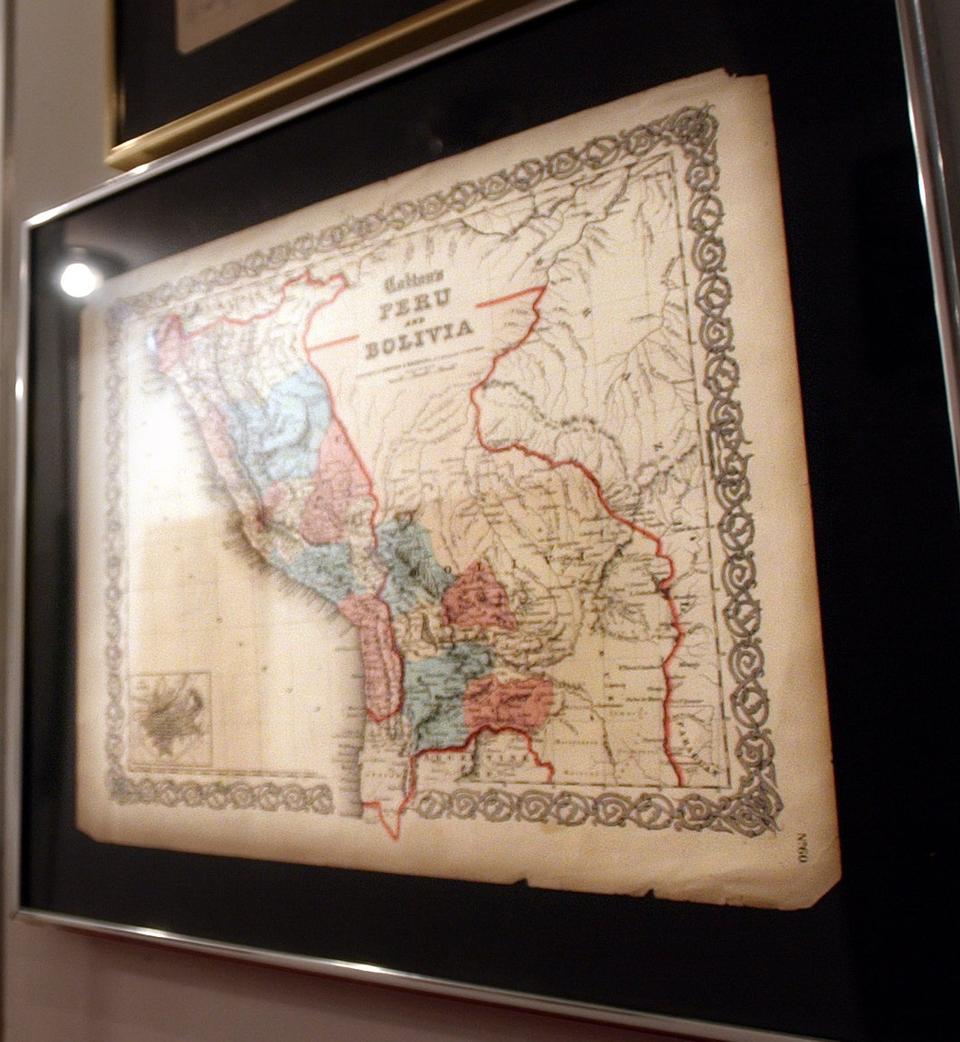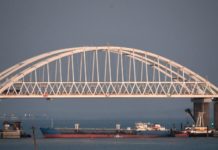Bolivia’s Morales in The Hague to petition over Chile sea access
Bolivia, which lost former coastal territory during a war in the 19th century, argues that Chile has not kept later diplomatic promises and obligations under the international law.
Bolivian President Evo Morales gestures as he arrives for the opening of hearings at the World Court in The Hague, Netherlands March 19, 2018. (Reuters)




 An old map depitcs Bolivia with its coastline at the Bolivian Sea Coast Museum in downtown La Paz, Bolivia on Wednesday, Jan. 21, 2004. (AP)
An old map depitcs Bolivia with its coastline at the Bolivian Sea Coast Museum in downtown La Paz, Bolivia on Wednesday, Jan. 21, 2004. (AP)





